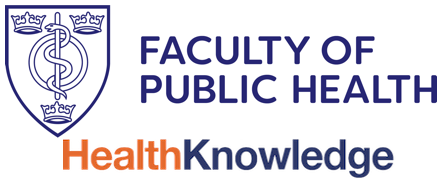PLEASE NOTE:
We are currently in the process of updating this chapter and we appreciate your patience whilst this is being completed.
Concepts of Health and Illness: Activity 3 – Commentary
Activity 3 – Commentary
Traditionally, medical education, with its emphasis on positivist knowledge, has viewed uncertainty as reflecting ignorance or failure. A distinct theory-practice gap has always existed in medical practice. This reflects the traditional assumption at the heart of ‘formal' medical education, that knowledge can be acquired based upon the use of ‘typical cases'. The latter use statistical definitions of normality and abnormality, yet in practice every individual case varies in detail. The way in which normality is socially constructed within medicine is demonstrated in the account of the treatment of hypotension above. What counts as ‘high' or `low' blood pressure varying historically and between societies. Hypotension is typically not treated in Britain, whilst in Germany recognised as a syndrome that should be treated (Barrett-Connor.E & Palinkas.L:1994).
© I Crinson 2007, Lina Martino 2017
